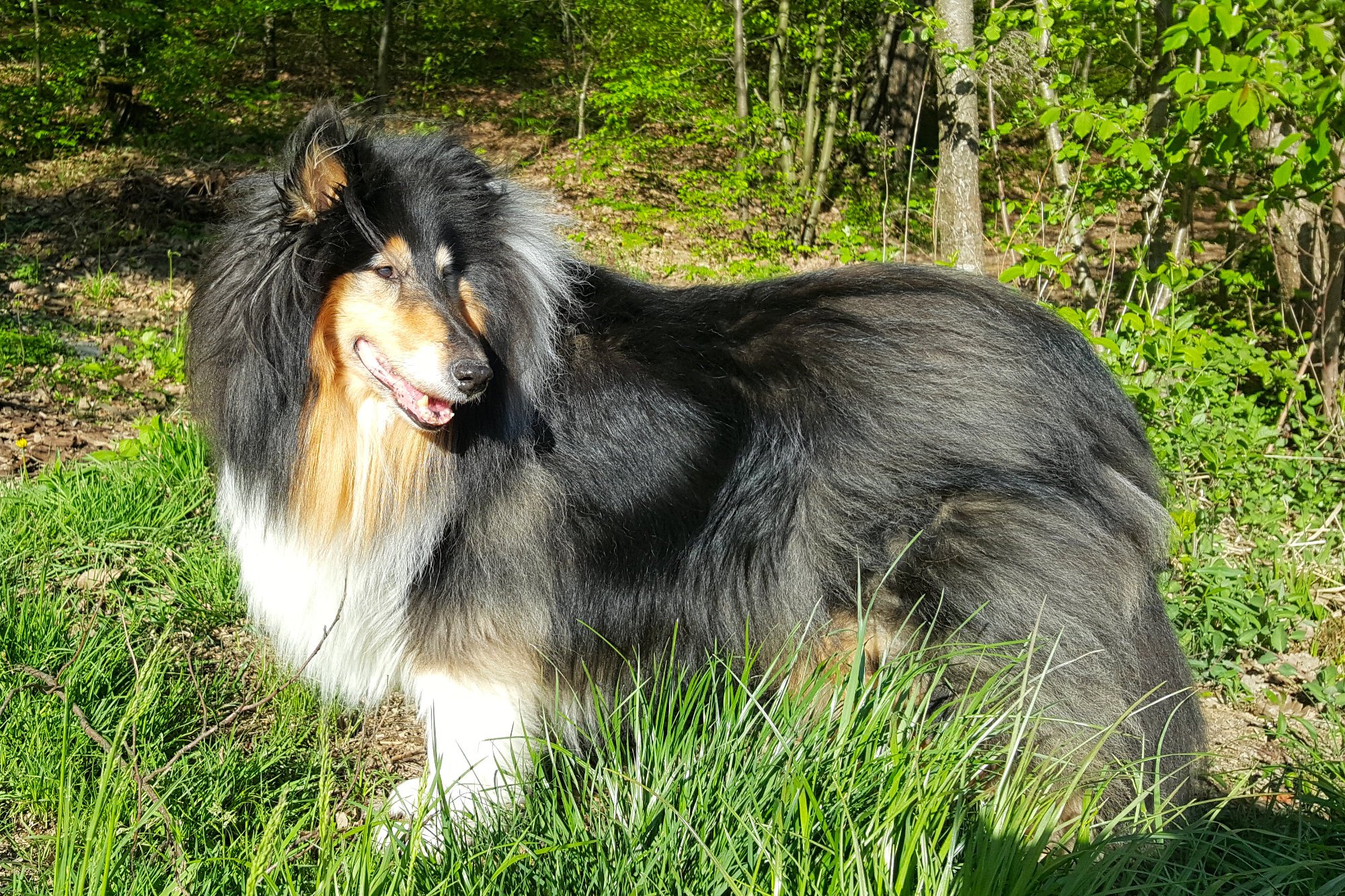Mind the easy ones
Some dogs are a handful. They bark and lunge at other dogs, people or traffic, they tear up your furniture when home alone and the neighbours complain about their incessant barking, they swallow things they find on the ground and so forth.
As difficult as it may be to live with these behaviours, at least they are easy to notice. Mostly because they present a problem to the carer. From that point on, it takes some compassion and information to make a shift in perspective - to realize that the dog is not being a problem, the dog is having a problem.
When we understand this, we can immediately dive into the reasons behind the behaviour and start solving that problem. We may do this on our own or with the guidance of a dog behaviour professional. The latter is often advisable and an obvious choice when our dog is being, well, a handful.
What about the dogs that are not causing their humans any problems? The ones that are easygoing, can accompany their carer anywhere without making a scene, can handle most any situation without drama or damage? Does that mean they have no problems whatsoever?
Sometimes, but not always. A dog that doesn't bark or engage in destructive behaviours when home alone may still have a major problem with being alone. She just suffers in silence, so to speak. There are still signs, but not as outward or bothersome to the carer or the environment, so they might be more difficult to spot. For example, the dog may follow her carers around very closely when they are home, and may greet them with a nervous kind of energy when they return home - this can easily be mistaken for simple happiness, which is normal.
The late and great Vader, a sweet, easygoing and even-keeled Rough Collie who, nevertheless, had some difficulties to overcome. He was sound-sensitive and at a certain point he started following his humans around a lot - he was having trouble being home alone. Both behaviours had an underlying reason - health problems - and Vader needed help.
Just like people, dogs are somewhat different in how they respond to stress and difficulties. Some may be more "extroverted" about it and others are more "introverted". This is often a consequence of their history and everyday life, sometimes also their genetic heritage. It is up to us, carers, to educate ourselves about what our dogs need to live happy, healthy and fulfilled lives, and about all the different ways they communicate their discomfort. With this knowledge, we are well equipped to prevent and solve problems.
Dogs who are a handful are often dealing with a handful as well. But let's also mind the "easy" ones - they might not have it as easy as it seems.

